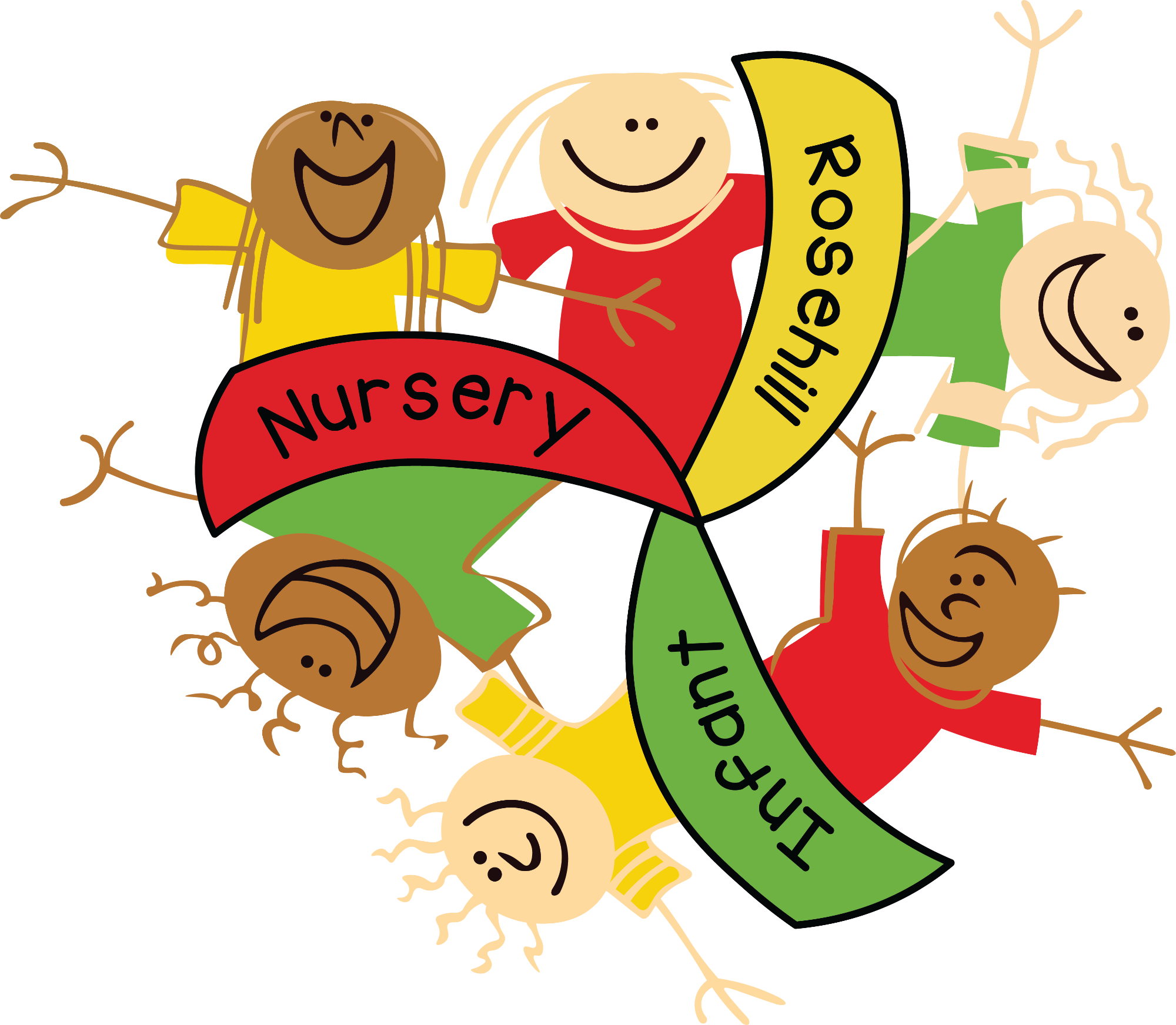Mathematics
A high-quality mathematics education provides a foundation for understanding the world, the ability to reason mathematically, an appreciation of the beauty and power of mathematics, and a sense of enjoyment and curiosity about the subject'. (National curriculum 2014)
Mathematics at Rosehill
At Rosehill Infant School, we are on our ‘Mastery Journey’. This is to support a long-term, secure and adaptable approach to mathematics teaching and supporting learners to become resilient learners as well as working efficiently by making effective links between concepts and relationships. Teaching is supported by “The Big 5 Ideas” where teachers use coherence, representation and structure, mathematical thinking, fluency and both conceptual and procedural variation.
We aim to equip all pupils with the skills and confidence to solve a range of problems through fluency with numbers and mathematical reasoning. Children are encouraged to see the mathematics that surround them every day and enjoy developing vital life skills in this subject.
We believe that:
- Every child has the right to achieve their maximum potential without a pre-conceived limit being put on their ability and attainment.
- The ability to succeed is not fixed and this is clear in both lesson design and class teaching.
- Learning in Maths should focus on depth of understanding before breadth.
- Pupils should ‘keep up’ over ‘catch up’- all children should be given the opportunity to access the lesson regardless of previous attainment.
- High expectations should be made clear to all learners.
- Emphasising the high value of mathematics education to all staff, pupils, parents and carers is key to our children becoming successful Mathematicians.
- All staff should actively attempt to improve their pedagogical understanding of Maths mastery wherever possible, and feel supported by school leadership to this aim.
Helping your child at home
Children make progress best as mathematicians when they regularly repeat skills and practise them until they become embedded. This can be quite a long process sometimes, and so the use of the context of an exciting game or interesting activity can be highly motivating. In our experience, our children learn best when they are having fun and that's what games are for!
-
Primary Games
You'll find all sorts of maths content here, all presented as engaging games and challenges. -
Topmarks
Lots of fun games to play with children of all ages!
Internet-based Activities relating to Number and Place Value
-
Chinese Dragon Ordering Numbers
Learn to order numbers by playing this fun Chinese Dragon game!
-
Underwater Counting Game
Learn to count up to 10 sea creatures accurately with this fun underwater themed game!
-
Give the Dog a Bone
Explore the 100 square.
-
Spin to Win
Create the highest number to win the round.
-
Eggs to Order (KS1)
Ordering numbers according to place value. -
Super Sid's Decimal Challenge
Can you match the decimal numbers to create the target number? -
Ghostblasters: Operation Even
Shoot down the even-numbered ghosts.
-
Ghostblasters: Operation Odd
Shoot down the odd-numbered ghosts.
-
Splat Square
Splat the numbers in different colours. Play games, look for patterns and learn your numbers to 100.
Internet-based Games relating to Times Tables Practice
-
Teaching Tables
A collection of little games from the Primary Games website.
-
Robin Hood Doubles
Learn to double numbers up to twenty.
-
Multiple Wipeout
Burst only the balloons that are multiples of the given table.
-
Ghostblasters
Unfriendly ghosts are there to be shot at!
Our Key Stage One children enjoying Number Day. Our theme was Making Mathematics cross curricular and children loved learning through Art, PE, Computing and problem solving. The Problem Solving Company made our day even more exciting by bringing in giant floor puzzles where children worked together to solve problems.
-
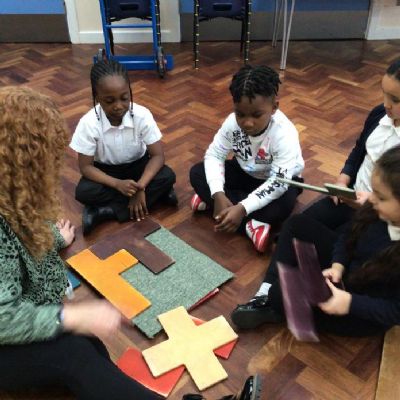
7b147cfa-3617-4e6d-816d-895df2dc9a631x1
-
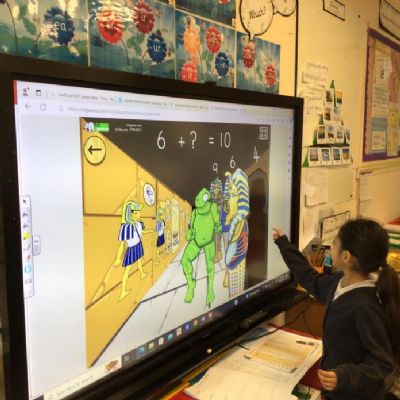
9d0479e0-ba76-4c56-b4e9-8457943bdddf1x1
-
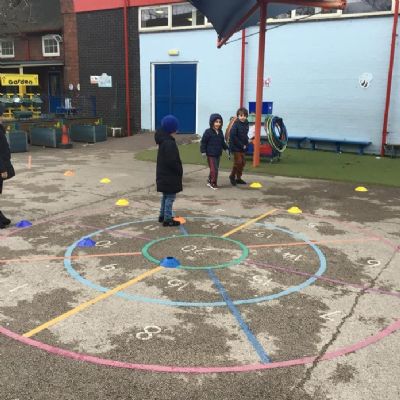
5cc8d5f3-852b-4bdb-b076-14b03bf494791x1
-

abfe80ca-6b44-451e-a706-df1d6ab853e31x1
-
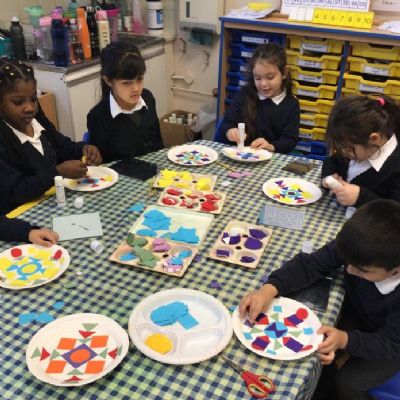
27dbc93a-d361-4ea0-9004-5c7c5350329b1x1
-
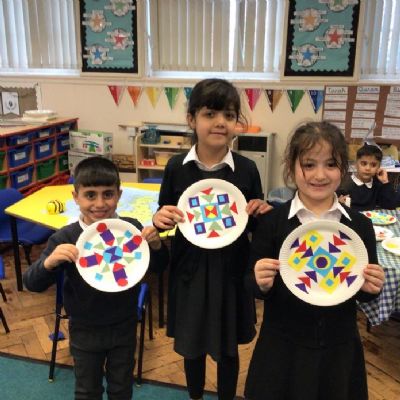
d6aeb6b8-fb3d-4f97-b883-58867b341b201x1
-
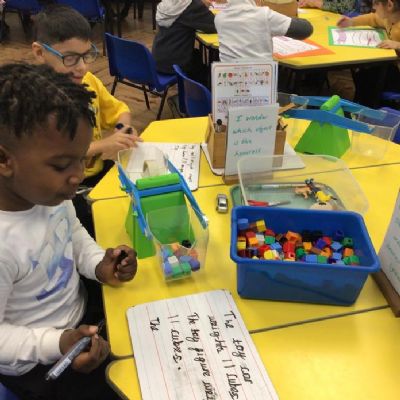
e6daf1c2-f4d1-4c92-8a12-a2cfd86c0fd11x1
-
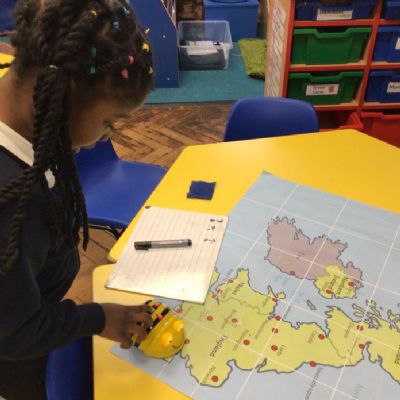
6ff6e859-5ead-42e1-bad7-faf60bdc89f01x1
-
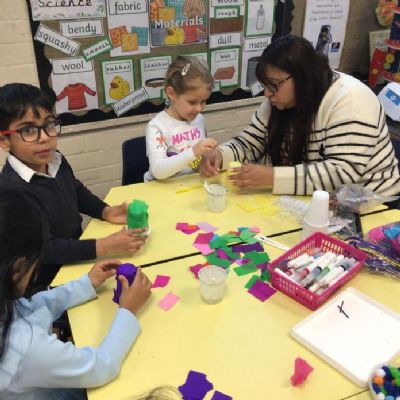
87b4f8b9-8fa9-4bf8-8ece-f0515c06636c1x1
-
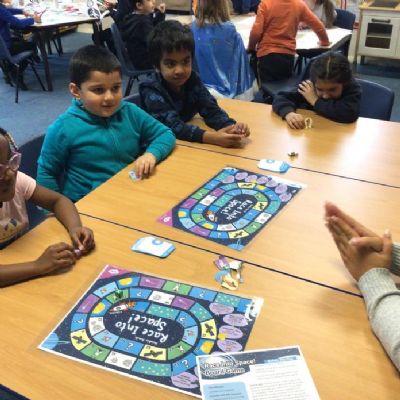
b439516a-2b74-4cc6-acc8-575395d89d8a1x1
-
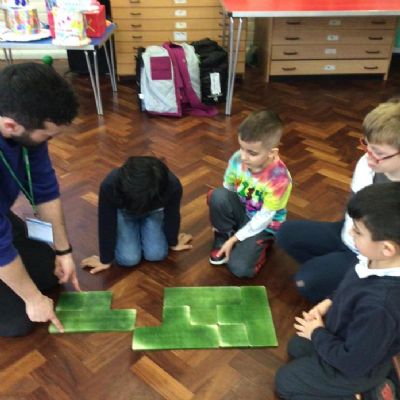
3bf6154d-8b35-4cb3-8664-82fe0042e4351x1
-
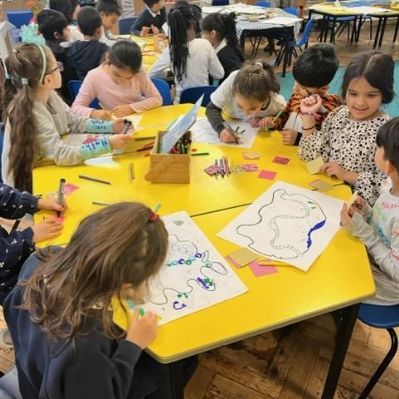
32fcb25b-a94c-4ad1-9c9f-533096b94c711x1
-
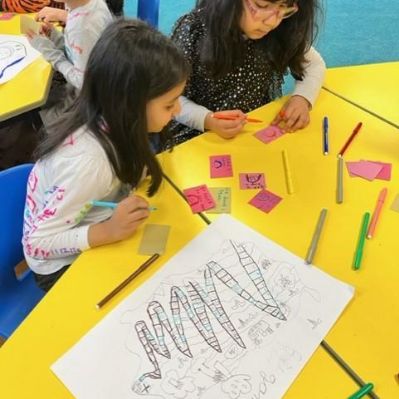
a139a71e-72d6-4f8e-9ec7-269cd1e26e0f1x1
-
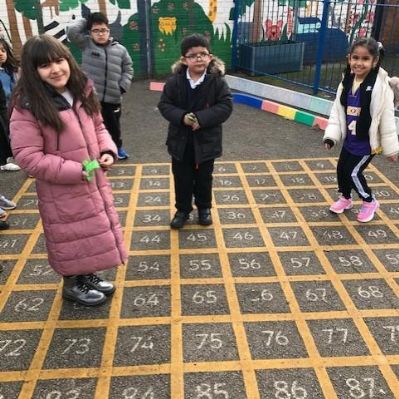
68c7c544-3de9-40a5-aa65-f675e3eaa3ea1x1
-
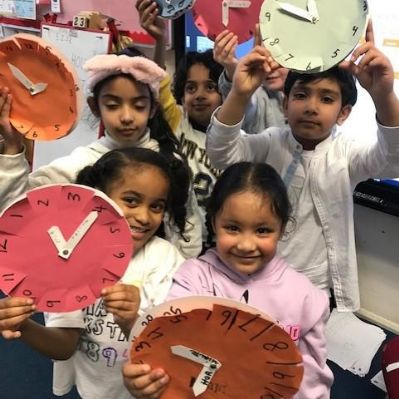
7c492fc5-540c-4059-b209-f2cc2e5096491x1
-
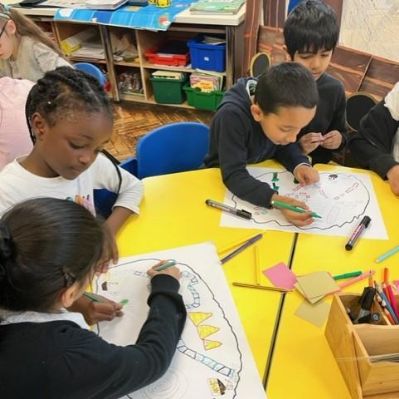
c5750b6f-815b-4269-aa00-0c823ac9c4d41x1
-
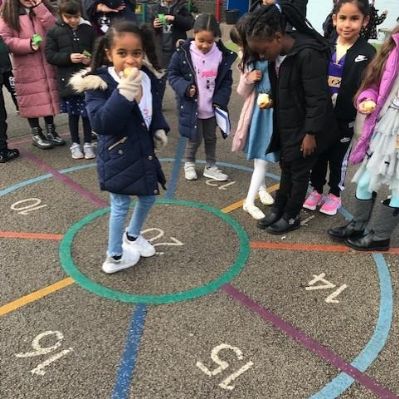
0dd5c81e-a15d-4f5a-be00-5a97dabda0b01x1
-
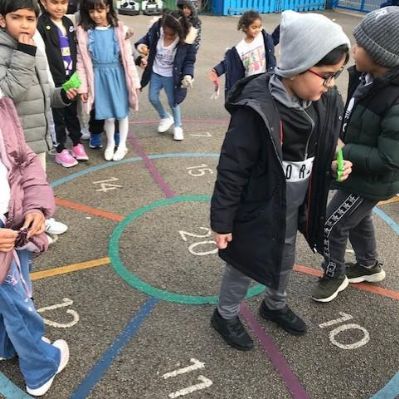
ca597718-8927-445f-9941-434e2b7fd37f1x1
-
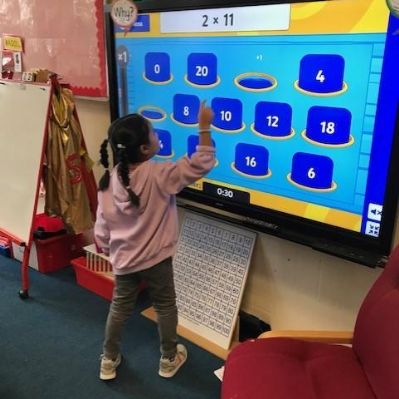
90f77909-6027-4034-86a0-a13e81c7b4331x1
Our Number Day with children in Early Years. We love Maths!
-
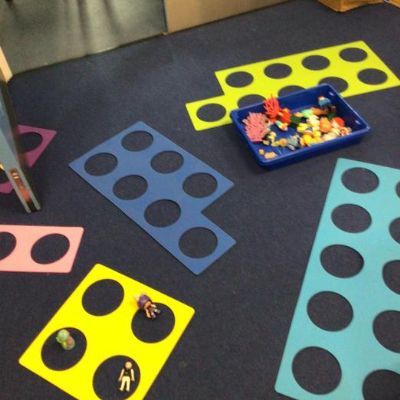
7868ea73-cc21-4461-b8e5-e1313f9062531x1
-
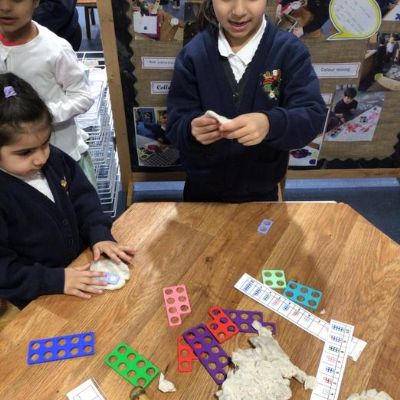
db92e092-e298-4b07-aaf4-5c5f5a58a9301x1
-
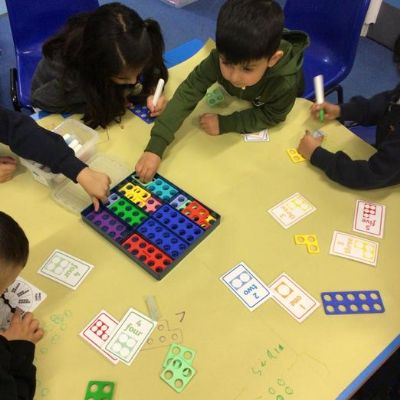
82fd8073-7a52-4e50-a807-85b16709a3251x1
-

596c057b-af0b-4703-8bd1-0b3006f440a31x1
-
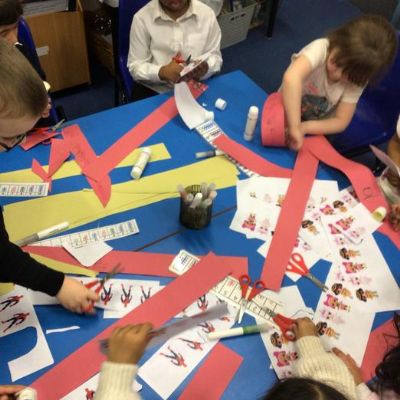
35ac9682-8588-4ac8-8404-0ebd785d0e331x1
-
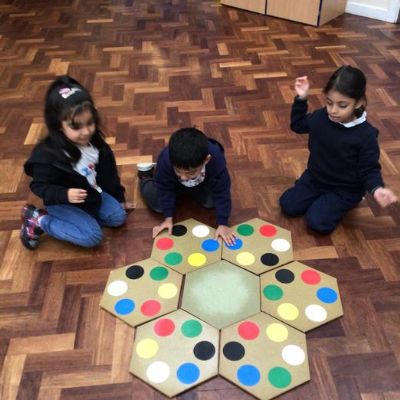
3fb169c1-742d-4618-949a-112ed1b10e221x1
-
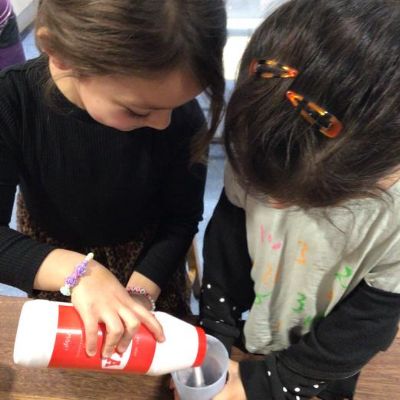
592d4c78-f458-4abc-a4c6-95beec62de001x1
-
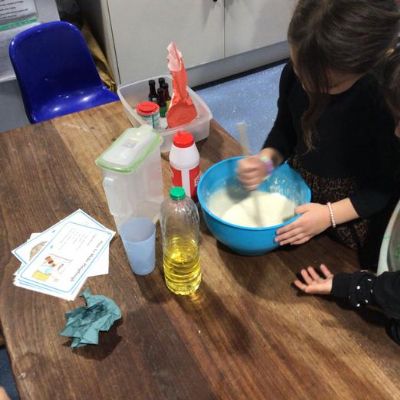
5e932045-1cf3-4849-aab3-60c2bc32cba91x1
-
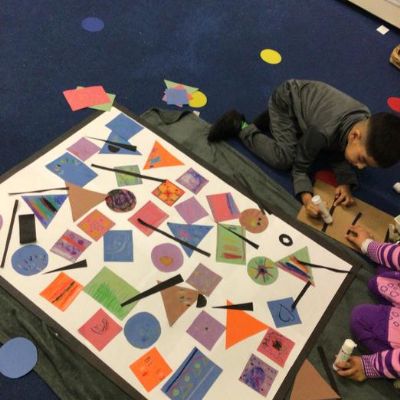
26e595e6-1126-435b-bdf8-18a4c7cecff81x1
-
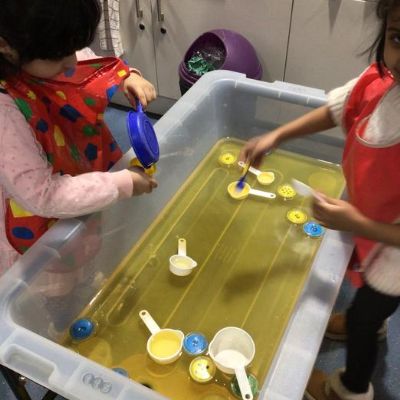
24d7f6a8-0f79-46b1-8d66-c37fecc4dfb61x1
-
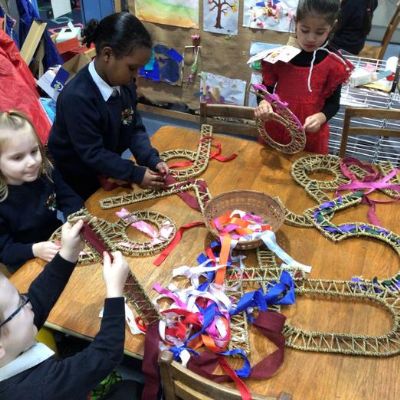
74f72392-d883-48e8-a56e-30b8900d67d81x1
-
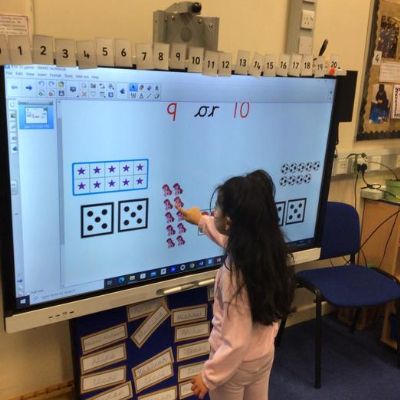
2ebe611c-4376-4dbd-8870-159fbd5017061x1
-
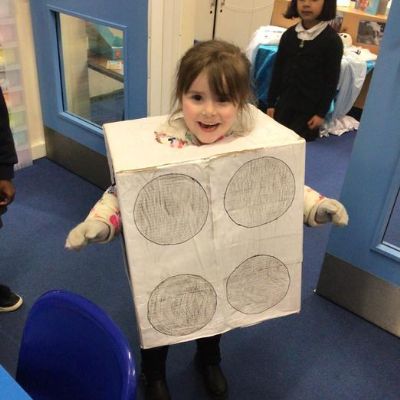
ec16af85-bfdc-42bf-92a1-12380d025f5c1x1
-
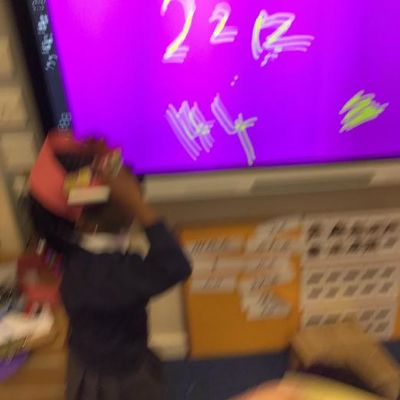
793447d0-c934-41dc-8df2-9efd408186f81x1
-
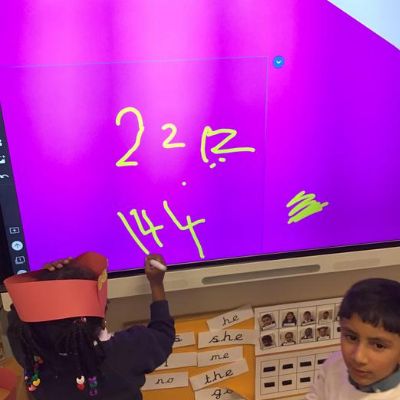
3a4efd73-07e1-4352-a736-7f38ee3c98421x1
-
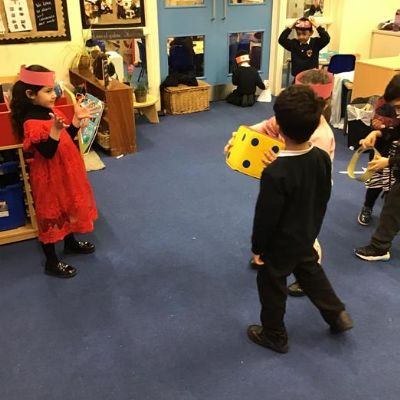
3a5bf9f1-b0ad-4eda-abbf-15d5f1b3df7a1x1
-
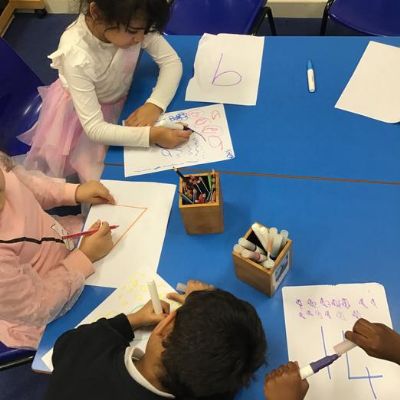
00441bf7-51d5-4551-a7ac-744d165d825c1x1
-
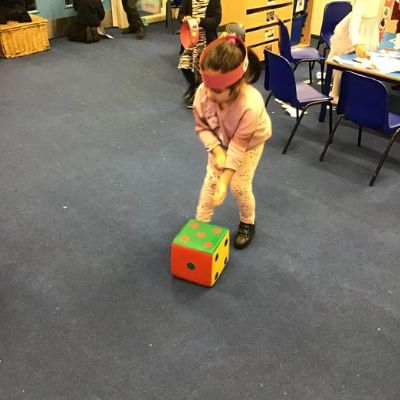
6e4b2df2-d676-44fc-b0bd-0fefe2b7dc741x1
-
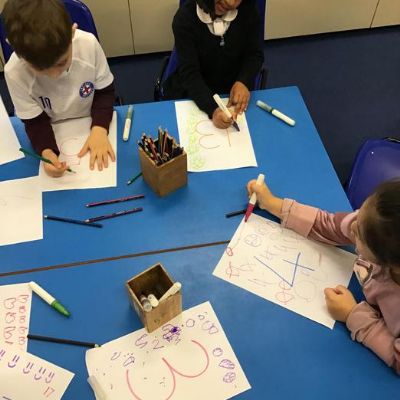
9a55fa6b-8315-4b6c-9edd-08d91641f3d51x1
-
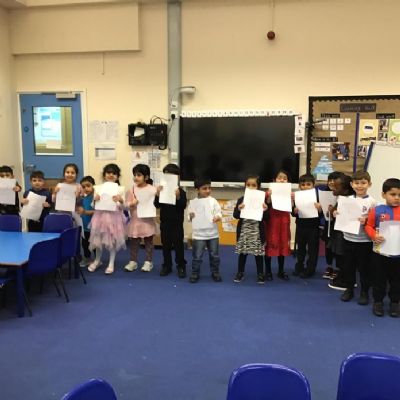
b747419c-28c3-45de-89d9-39b9a21128271x1
-
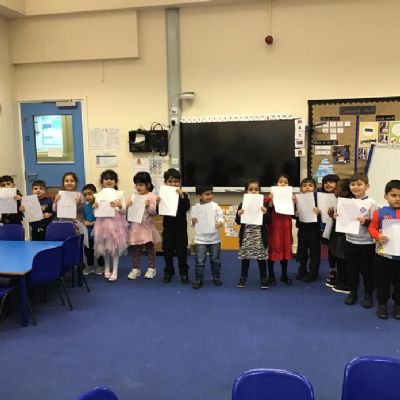
8c52b605-72f4-4225-ad5e-92992886b8351x1
-
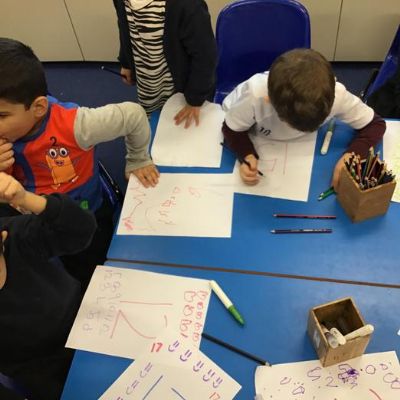
085cc367-ea60-4f37-8369-0f1dff658f571x1
-
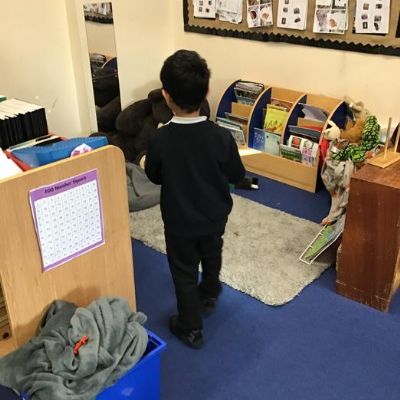
684a6cf1-d080-4989-be5d-07c84757dc781x1
-
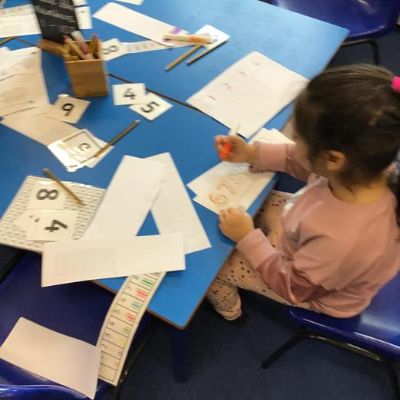
d0c24d79-ddb6-42c4-910b-64ce6032bc221x1
-
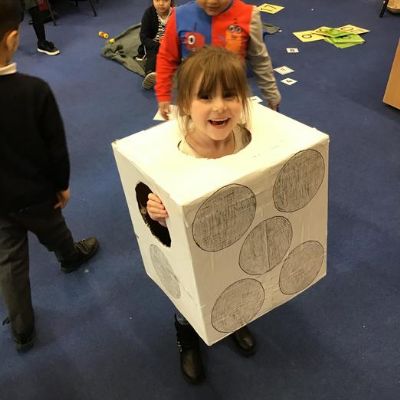
6718d6f1-b78b-4205-aa27-b2d27e5cebd91x1
-
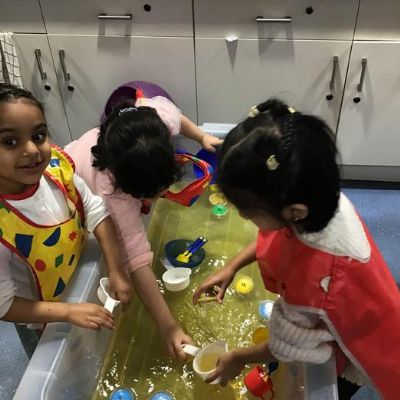
2f49947c-32db-4e5c-883e-1ba063de2f4c1x1
-
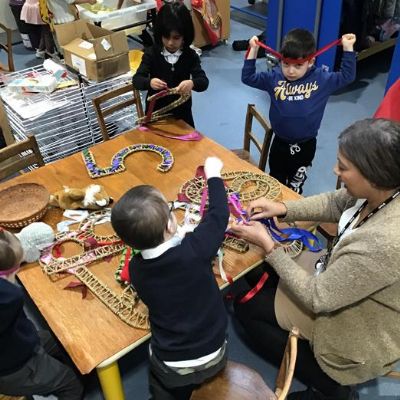
93d4a91c-bc63-4354-bc6a-666931ffe5131x1
-
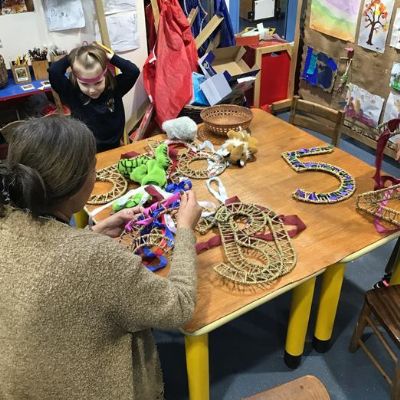
9c99cc3f-195e-4049-9655-36076c284b6c1x1
-
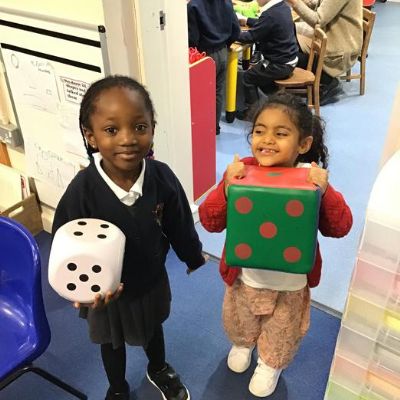
38f1d009-3be3-455d-bb8b-702398b28d131x1
-
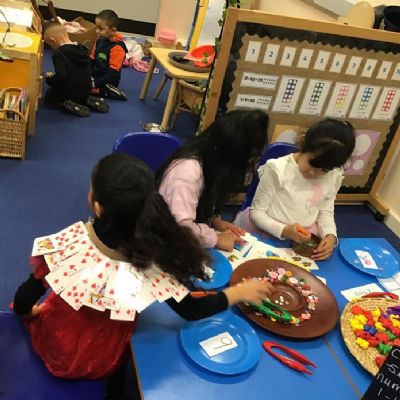
106f70e9-c8a9-4aff-aff7-3124eae5c4c31x1
-
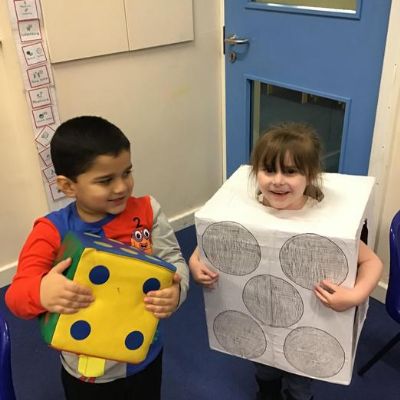
b1751646-5b19-4262-9b2d-6aa69ac4f5f01x1
-
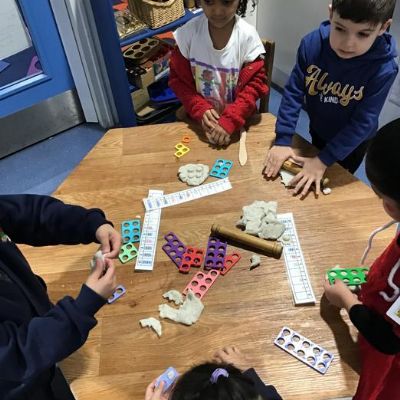
592faa08-92c3-4895-9e9f-baa6c85452a41x1
-
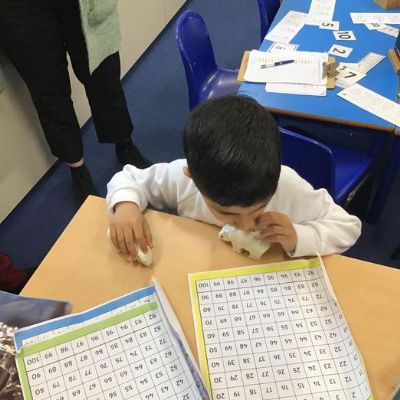
11abd55c-ea9d-4562-b69e-cd1e889cc95f1x1
-
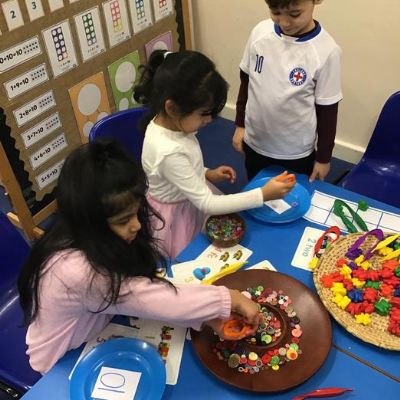
b88951ff-58b8-4580-aead-c85d68c387231x1
